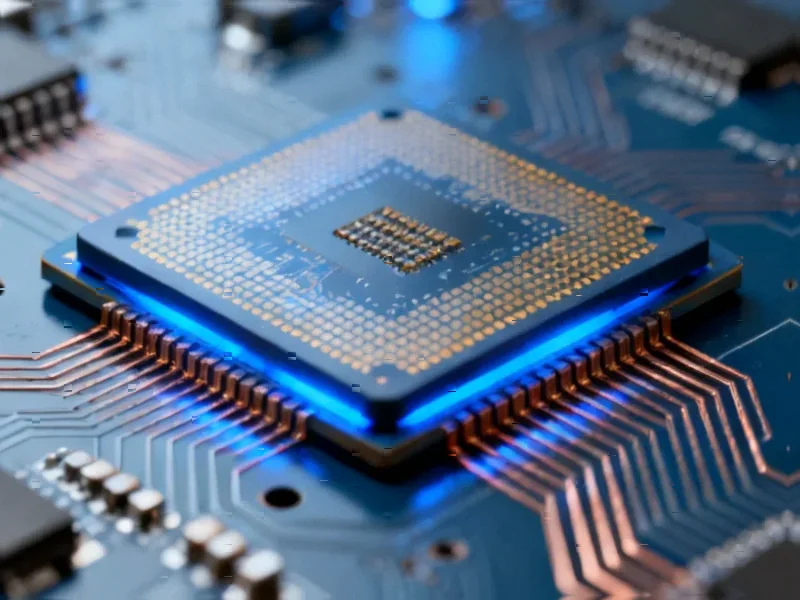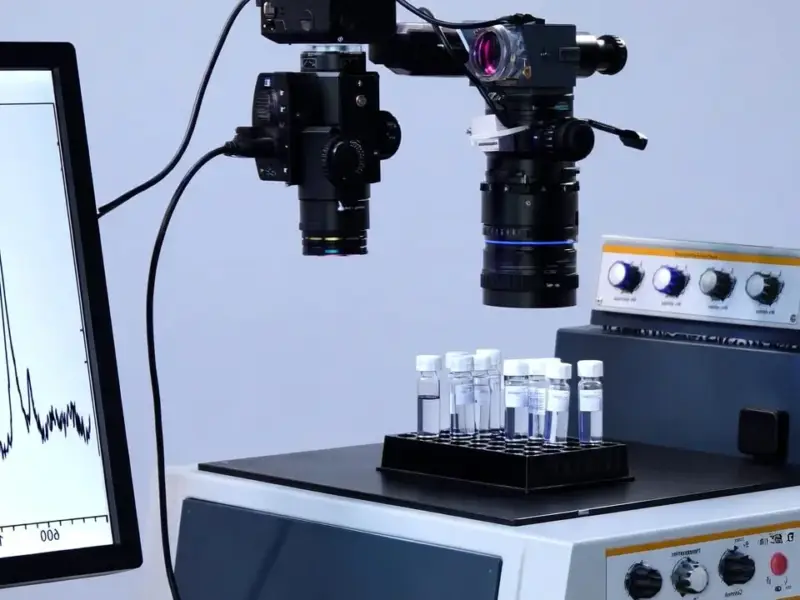According to Forbes, President Trump stated he would allow Nvidia to sell chips to China except for the “most advanced” Blackwell models, which he described as “super duper” and “probably 10 years ahead of any other chip.” Following this announcement, Nvidia’s shares rose 1.4% to $205.31 in premarket trading, building on momentum from last week when Nvidia became the first company to breach a $5 trillion market cap. During discussions at the Asia-Pacific Economic Cooperation summit in South Korea, Nvidia CEO Jensen Huang expressed uncertainty about Blackwell sales to China, noting that while Trump has licensed shipments, China has blocked Nvidia from the market. In a 60 Minutes interview, Trump defended export restrictions by emphasizing America’s AI race advantage. This evolving policy landscape presents complex implications for global technology markets.
The Dangers of Policy Inconsistency
The administration’s contradictory messaging creates significant operational challenges for semiconductor companies. Trump’s initial enthusiasm for allowing chip exports, followed by immediate backtracking about “no talks about Blackwells,” demonstrates the volatility that makes long-term planning nearly impossible for technology firms. Semiconductor manufacturing requires multi-year planning cycles and billion-dollar facility investments that depend on stable regulatory environments. When policy shifts occur based on presidential interviews rather than formal regulatory processes, companies face impossible decisions about which markets to target and what products to develop.
The Technical Challenge of Defining “Advanced”
Trump’s distinction between “most advanced” and other chips ignores the practical reality of semiconductor technology. The industry operates on continuous improvement cycles where each generation builds incrementally on the last. Creating a clear regulatory boundary between Blackwell and previous architectures like Hopper presents technical challenges that regulators have struggled with for years. Furthermore, China’s domestic chip industry has demonstrated remarkable adaptability in working around restrictions, often combining multiple less-advanced chips to achieve similar computational power through distributed computing architectures.
Unintended Market Consequences
The administration’s approach risks accelerating China’s self-sufficiency efforts while damaging American companies’ global competitiveness. Historical precedent shows that export restrictions often motivate targeted countries to double down on domestic development—China’s substantial investments in companies like Huawei and SMIC demonstrate this pattern. Meanwhile, Nvidia faces the real prospect of permanently losing market share in the world’s second-largest economy, potentially ceding ground to competitors who face fewer export restrictions. The 1.4% stock bump following Trump’s comments masks deeper concerns about long-term revenue streams and global market positioning.
The Arbitration Dilemma
Trump’s description of the U.S. as “sort of the arbitrator or the referee” in Nvidia-China negotiations represents a fundamental misunderstanding of America’s role in technology competition. True arbitrators maintain neutrality, whereas the U.S. has clear strategic interests in maintaining AI supremacy. This conflicting position creates credibility problems internationally and complicates diplomatic relationships. Other technology-exporting nations may grow wary of American leadership if policy appears driven by commercial favoritism rather than consistent strategic principles.
Broader Industry Impact
The precedent set by case-by-case presidential intervention in chip exports could destabilize the entire semiconductor ecosystem. Other companies like AMD, Intel, and emerging AI chip startups now face uncertainty about whether their export permissions might change based on presidential whim rather than technical assessment. This uncertainty could chill investment in next-generation AI hardware development at precisely the moment when American technological leadership faces its most significant challenge. The administration’s approach, while intended to protect national security, may ultimately undermine the very innovation ecosystem it seeks to defend.




